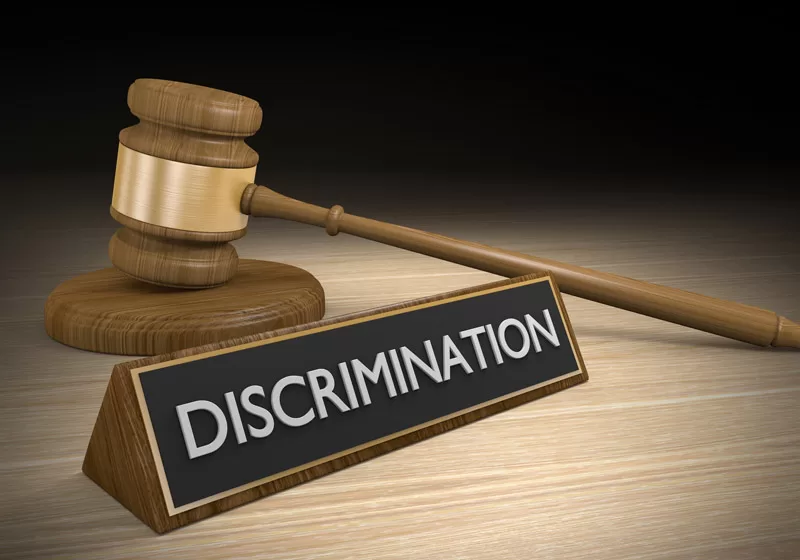Quick Bytes
- Two Indian American professors challenge CSU’s caste-based discrimination policy in court.
- Allegation claims policy unconstitutionally targets Indian origin and Hindu individuals.
- Appeal seeks to reverse district court’s dismissal of due process and Establishment Clause claims.
- Hindu American Foundation supports the appeal, citing protection of constitutional rights.
Summary of the Legal Challenge Against CSU’s Caste Policy
Two professors of Indian descent from California State University, Sunil Kumar and Praveen Sinha, have filed an appeal in Federal court against CSU’s amended non-discrimination policy. This policy includes ‘caste’ as a protected category, which the professors argue unlawfully targets Indian and Hindu students and employees. The appeal, backed by the Hindu American Foundation, aims to overturn a previous court decision that dismissed their claims on the grounds of lack of jurisdiction and insufficient evidence.
Details of the Appeal
The professors’ appeal contends that the district court incorrectly dismissed their due process claims by not recognizing the harm of self-censorship caused by the policy’s vague definition of ‘caste.’ Additionally, they argue that the court misinterpreted the Establishment Clause by not acknowledging that the policy could be seen as defining Hinduism to include a caste system. The appeal also challenges the dismissal of their Free Exercise claims, asserting that the policy interferes with their religious practices and imposes an unconstitutional definition of religious doctrine.
Implications of the Policy
Samir Kalra, Managing Director of the Hindu American Foundation, emphasizes that the inclusion of ‘caste’ in the non-discrimination policy appears to be a deliberate act to target Hindus. The foundation supports the appeal as a necessary step to safeguard the constitutional rights of Hindu faculty, staff, and students across CSU campuses. The outcome of this legal challenge could have significant implications for how religious and ethnic identities are protected under anti-discrimination policies in educational institutions.



